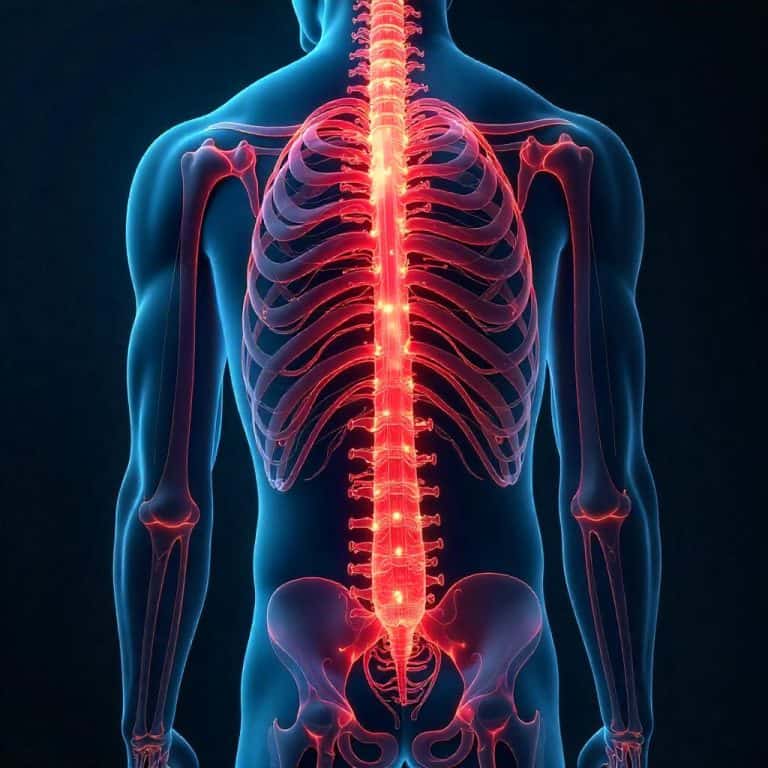Welcome to the Central Nervous System Quiz! Get ready to test your knowledge on the brain and spinal cord, which make up this crucial system in your body. From controlling your thoughts and movements to regulating your senses, the central nervous system plays a major role in keeping you functioning every day.
In this quiz, you’ll have the chance to learn more about the different parts of the central nervous system and how they work together to help you navigate the world around you. Whether you’re a science whiz or just curious about how your brain works, this quiz is a great way to challenge yourself and expand your understanding of this fascinating system.
So, let’s dive in and see how much you know about the central nervous system!
Play Central Nervous System Quiz
Instructions
- This quiz is multiple choice.
- Read each question carefully before selecting an answer.
- Choose the best answer for each question.
- You will see the missed questions with correct answers at the end of the quiz.
Quick Facts
- The main hub of the body’s control center, the Central Nervous System, is responsible for sending messages throughout the body.
- It acts like a superhighway, transmitting information from the brain to the rest of the body and back again.
- Without the Central Nervous System, we wouldn’t be able to walk, talk, or even breathe!
- It’s made up of two parts: the brain and the spinal cord.
- The brain is like a supercomputer, processing information and making decisions in a split second.
- Meanwhile, the spinal cord is like a superhighway, carrying messages between the brain and the rest of the body.
- Together, they work seamlessly to keep our bodies functioning properly.
- When the Central Nervous System is damaged or not working correctly, it can lead to serious health problems.
- That’s why it’s important to take care of your brain and spinal cord by eating healthy foods, getting enough sleep, and exercising regularly.
- So next time you take a deep breath or wiggle your toes, remember to thank your amazing Central Nervous System for making it all possible!
Downloads
Study Tips
- Create a study schedule and stick to it.
- Find a quiet and comfortable study environment.
- Remove distractions such as phones and social media.
- Take breaks every 25-30 minutes to avoid burnout.
- Use active studying techniques like summarizing, highlighting, and teaching concepts to someone else.
- Practice retrieval by testing yourself with flashcards or practice quizzes.
- Stay organized with notes, study guides, and resources.
- Stay hydrated and eat brain-boosting foods like fruits, nuts, and whole grains.
- Get enough sleep to improve memory retention and cognitive function.
- Reward yourself for reaching study goals to stay motivated.
